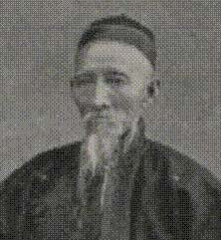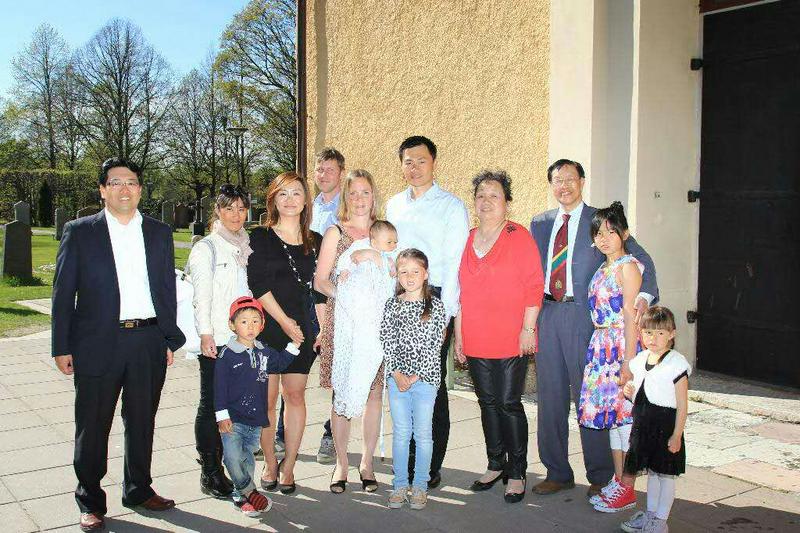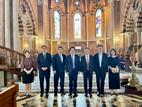March 29, 2018, marked the 155th anniversary of the ordination of Rev. Ye Hanzhang, the first pastor self-employed by the independent Chinese church and the first Chinese pastor of the church in Fujian.
Ye was born in Xiaoxi Town, Pinghe County, Fujian, in June 1832. His father ran a wood store with his countrymen. At that time, Rev. Talmage from the American New Brunswick Theological Seminary came to Xiamen as a missionary. Ye's store was next to his home, so Ye Hanzhang often heard the gospel of Jesus Christ from Talmage and was eventually determined to become a Christian.
However, his seniors strongly objected to his conversion due to the gap between Chinese and western culture. In 1850, a riot irrupted in Xiamen, completely destroying the property of the Ye family. Bankrupt, they had to live on the street. Knowing this, Mr. Talmage settled them in his residence and provided daily necessities to them. Seeing Christ's love from Talmage's good deed, the family was deeply moved. Ye's father changed his mind and supported his son's conversion. What was more, the whole family believed in Jesus Christ.
At 28, Ye suffered from a serious illness but was healed by the Lord. Subsequently, he headed off dangers and decided to devote his life to the Lord. He studied theology in a seminary for three years and often preached sermons in Xiamen Zhushu Church, winning praise from the congregation. On March 29, 1863, he was ordained as the first pastor of Zhushu Church at the age of 31. Ye became the first pastor employed and supported by the Chinese church alone. He served in the church for 18 years and cared for the lives of believers, winning praise from society.
According to the records of Lin Zhicheng, father of the world-renowned writer Lin Yutang, Ye was courteous and modest and stuck to God's word. When Ye talked about Matthew 5:38 in a sermon in Zhushu Church, a man suddenly rushed before him and slapped his right cheek, telling him to turn his left cheek also. Without thinking, Ye immediately turned his face to the man and was slapped again. The man quickly ran away and the congregation burst into an uproar.
In 1872, he was invited by the church in Taiwan to preach there. The Messenger reported that Ye and two pastors launched an evangelistic tour on the island. He delivered sermons there in the Amoy dialect, receiving favorable reviews from the local churches in Taiwan.
In 1883, Ye was sent to plant new churches in Xiaoxi Town. The work of the gospel prospered and the number of local believers grew even more. Even at an old age, he assisted in building several churches. He also established a church school and engaged in editing sacred music. Ye wrote the Amoy Hymnal. In 1895, he participated in an anti-footbinding campaign initiated by women like the second daughter of Mr. Talmage.
He died in June 1912 at 80. His body was buried in a Christian Cemetery in Kulangsu but the graveyard was destroyed during the Cultural Revolution. In 1987, his grandchildren reconstructed the cemetery from overseas and the local government set up a monument to commemorate it.
Currently, Ye's descendants from the third to seventh generations live in countries including the US, Canada, the Philippines, Australia, and Sweden.
(The author is a great great grandson of Rev. Ye Hanzhang.)
- Translated by Karen Luo













